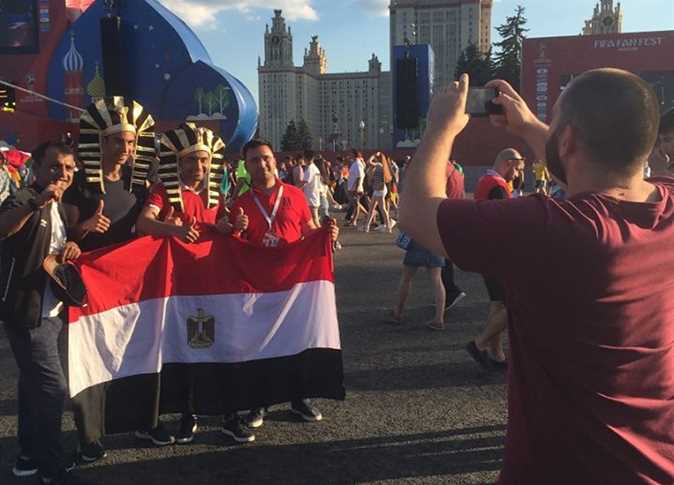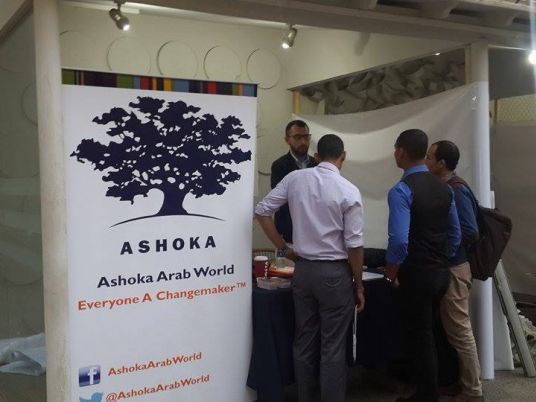A report issued by the United Nations on Sunday devoted to Human Development in Egypt points to the growing awareness among Egyptian youth of the difficulties associated with public participation. The report notes that university students often confront “covert harassment” when engaging in activities not in keeping with the policies of the ruling National Democratic Party.
The UN’s 2010 Egyptian Human Development Report attributes the high level of involvement among Egyptian youth in religious movements–whether Islamic or Christian–to a lack of faith in the electoral process. Religion is seen by many young people to be based on principles of justice and equality–a far cry from the rampant corruption associated with Egyptian domestic politics.
The report calls for discussion of the impediments to free speech in Egypt, particularly in relation to the country’s younger generation. Honest dialogue would be more productive than the publication of more newspapers and magazines, says the report, which are seen by much of Egyptian youth as mere “sedatives,” particularly against the backdrop of Egypt’s longstanding Emergency Law and other laws that serve to restrict free speech and free expression.
Egyptian Prime Minister Ahmed Nazif, while attending the report’s official launch, stated that the report “accurately and objectively” cataloged many of the challenges currently faced by Egyptian youth. He noted that the government was working to overcome such challenges by providing suitable work opportunities to young people; promoting a culture in tune with the free market; ensuring a suitable business environment; and offering vocational training programs.
Translated from the Arabic Edition.


